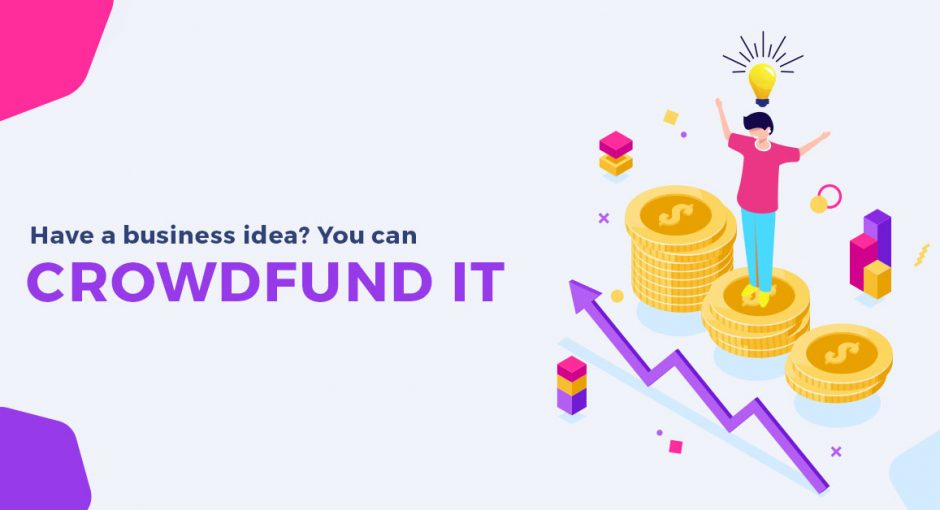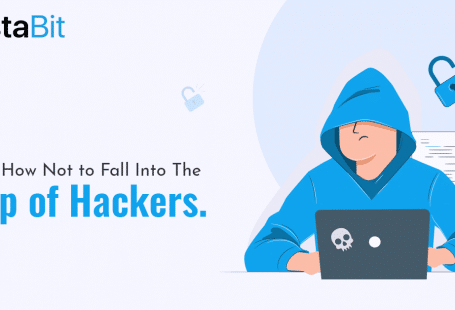In case you have landed here first, you must be wondering about “Part II”. Actually, in one of our previous write-ups, we have already covered the basics of Crowdfunding. We have also discussed Donation and Reward-based crowdfunding.
In this write-up, we will be covering Equity and Debt-based Crowdfunding.
Equity Crowdfunding
Startups need capital. Period. Raising money is tough. Period.
There are various ways to get that kind of capital, but again it can’t be done with a snap of a finger.
To pitch your product to people, including your friends, colleagues, or Linkedin connections, even before it is fleshed out, hoping that they would connect you to a venture capitalist, is not a very enterprising option.
Then there are these outside sources, that give entrepreneurs enough breathing space to establish a profitable business. But here again, questions do arise on the trustability of sources and terms that come along with them.
So besides these risky options, there is another way for entrepreneurs to raise capital, ie, Equity crowdfunding.
To put it simply, Equity crowdfunding allows entrepreneurs to raise capital from the crowd, by selling securities (shares, convertible note, debt, revenue share, etc) in a private company (that is not listed on stock exchanges).
Let’s understand it in detail.
1. Raising Capital From The Crowd Online
In terms of structure, Equity crowdfunding is pretty similar to Kickstarter or Indiegogo campaign. Potential investors can visit a platform and gain insights on various Equity crowdfunding opportunities. Though there are a few restrictions in this case, like the investor should be over 18, and the magnitude of investment is based on a person’s income and net worth.
2. The sale of securities
What investors get in return, is what separates Equity crowdfunding from a Kickstarter campaign.
In a Kickstarter campaign, entrepreneurs offer various rewards and perks to investors or potential customers, like a discount. They basically raise capital by preselling their product. And once they achieve their targeted capital, and their investors get their rewards, the contract between the involved parties is over.
In Equity crowdfunding, companies initiate a sale of securities. In other words, investors get equity in the company, meaning, they become an integral part of the process.
So for investors, it’s not just participation, where they buy a product at a discounted price, even before its release. Having equity in the company, they can actually grow monetarily if the company grows. There is a sense of ownership and the partnership is much longer so to say.
Investors become like brand ambassadors for companies, wanting them to succeed. Companies can depend on their investors to spread the word about the product in their own network.
Terms being set by the company who raises capital
The best thing with Equity crowdfunding is that the entrepreneurs who are raising capital have the complete say in the offering. There are no venture capitalists or external factors that can influence the terms.
They can decide on what and how much to sell, and at what price. They can set not just the desired funding target but the minimum funding target as well. So even if they don’t reach the desired goal, they can still raise capital. Therefore, people can still invest even if the market interest isn’t enough to reach the desired target.
It all depends on the valuation and terms. If they are reasonable, Equity crowdfunding is more likely to succeed.
Creating Liquidity
Why are investors susceptible to investing in a startup. Because most startups fail. But this is not the only reason.
Conventionally, the investor’s capital is locked up in a startup for 5 to 10 years. So even if an investor doesn’t want to own shares in a startup anymore, he doesn’t have any choice but to carry on. There is no liquidity in the investment, or a very little if there is any.
Wealthy investors can still deal with this situation, as they have other liquid capital to rely on. For others though, the situation is less than manageable.
For entrepreneurs too, it has a negative consequence, as they have to modify their terms and make them investor friendly to account for the risks that come with locked-up capital.
With Equity crowdfunding, the shares can be traded. If an investor doesn’t want to own shares in a company, they can sell them to an interested buyer.
Equity crowdfunding gives startups enough space to have thousands of shareholders instead of hundreds before they become a public entity.
Thousands of shareholders can create a much larger market than hundreds can. And larger the market, more is the liquidity.
Debt-based Crowdfunding
As the name suggests, in this type of crowdfunding, the entrepreneurs borrow money from individuals or groups to fund their business. In exchange for the money borrowed, the investors receive a binding commitment from campaign initiators to get their money repaid with interest.
Although these funds can be non-interest based as well and are paid back once the business starts generating revenue.
Debt-based crowdfunding is adopted by entrepreneurs who don’t want to give any equity to investors in their startups, or who do not have access to more traditional types of loan facilities.
This type of crowdfunding is more popular among real estate builders to fund a particular real estate project or projects.
Hope you learned something new about Crowdfunding from both the write-ups. You can check the previous write-up here. Do share your views and queries in the comment section.





